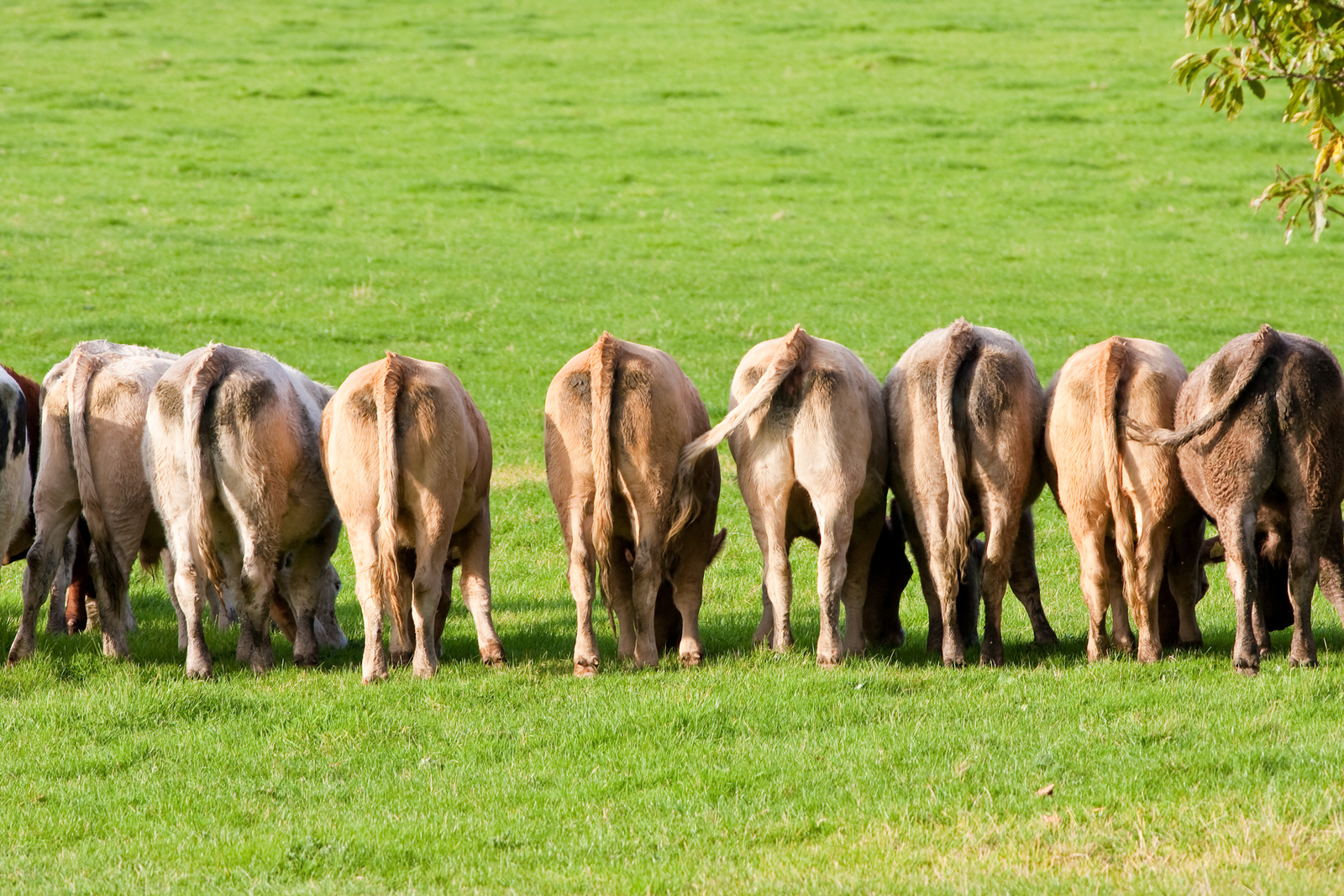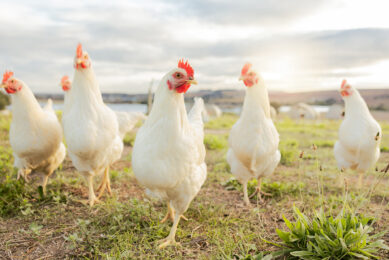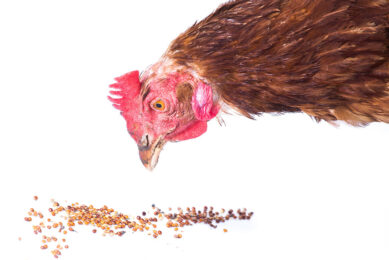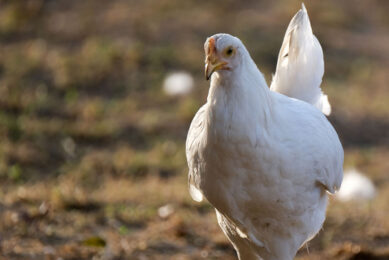Yeast probiotics effect on methane output

The list of studies that looked into the effects of probiotic yeast in ruminants is long, but limited data is available on the effect of greenhouse gas reduction by these types of feed additives. This is stated in a review, compiled by researchers from the University of Delhi in India.
One of the challenges of a growing livestock sector is the contribution of livestock to the global greenhouse gas emission. Ruminants contribute to global climate change by emitting greenhouse gases (carbon dioxide, methane, nitrous oxide) either directly (e.g. from enteric fermentation)or indirectly (e.g. from feed production activities, deforestation to create new pasture etc.)
To reduce the gas emission by these ruminants, feed additives such as probiotic yeast can be used. In addition, gas emission is negative for the animal as well, as it results in 2–12% of energy intake loss for the animal. Therefore, there is a need to develop efficient feeding strategies to reduce methane production, which will beneficially affect the environment and will also improve nutrient digestion in the animal. The ability of an organism to be an effective probiotic has been found to be strain–specific and dosage dependent. Recently the FAO also released a report, stating that probiotics can certainly work, but the efficacy of the products is highly variable.
Positive effect on rumen health
In ruminants, the use of feed additives (such as probiotic yeast) are used to manipulate the rumen microbial population and thus ruminal fermentation to maximise the efficiency of feed utilisation to further increase ruminant productivity, i.e., milk, meat, and wool production. With an increased feed utilisation, methane reduction can be reduced as well. The review mentions a number of trials done in which probiotic yeast products have a positive effect on lactate metabolism by rumen bacteria, molar proportions of volatile fatty acids in the rumen, fibre digestion, growth of the animals and rumen pH amongst others.
Greenhouse gas trials are limited
The review states however that there are only a few reports of the effect of yeast supplementation on methane production and most of the experiments performed have been in vitro. A 20% decrease in methane production was observed by researchers in 2002, after 48 h of incubation of mixed rumen microflora in the presence of alfalfa and live yeast product. A study from 2004 reported decreases in methane production and hydrogen gas accumulation in hay plus concentrate diets fed to Holstein steers. Roughage based diets supplemented with the yeast Trichosporon sericeum (4 g/d) reduced methane production by 10% in sheep (2004).
Also interesting: Feeding isoflavones to dairy cattle
Long-term assessment needed
The article mentions that yeast cultures, being modifiers of rumen fermentations, stimulate acetogens to outcompete or co-metabolise hydrogen with methanogens, as well as also enhance ruminal conversions of ammonia into microbial protein improving usage of dietary nitrogen, thus exerting positive influence in mitigating methane emissions from the ruminants. However, the authors address, that, until now, there are only a few studies that have focused on the long term effect of probiotic intervention (for all animal species). This long-term assessment is important so as to assure the safety of the probiotic being used. Another issue to be considered is the scientific basis for the study of probiotics which should be performed to know exactly about the strain to be used as a probiotic. Along with this researchers should also focus on understanding the relationship between microflora and the host’s intestinal epithelium, which could further help in determining the mechanisms of health-promoting effects of probiotic yeasts for safe future of probiotics as feed supplements.
The full article can be read in Animal Feed Science and Technology.
 Beheer
Beheer









 WP Admin
WP Admin  Bewerk bericht
Bewerk bericht